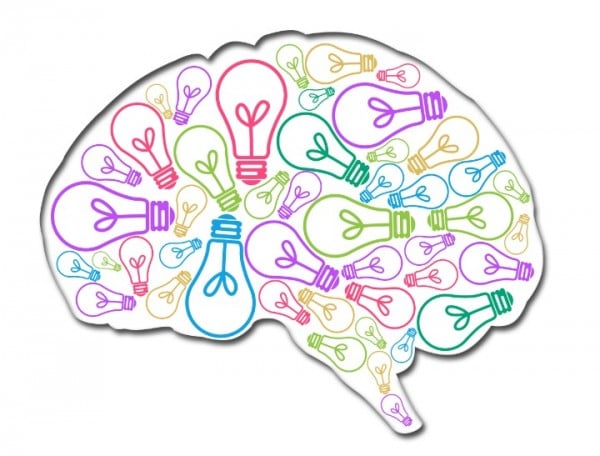
Ever wondered why you can’t remember old phone numbers – or what you ate for lunch yesterday? This might explain it.
By Fiona Kumfor, Neuroscience Research Australia and Sicong Tu, Neuroscience Research Australia
The brain is truly a marvel. A seemingly endless library, whose shelves house our most precious memories as well as our lifetime’s knowledge. But is there a point where it reaches capacity? In other words, can the brain be “full”?
The answer is a resounding no, because, well, brains are more sophisticated than that. A study published in Nature Neuroscience earlier this year shows that instead of just crowding in, old information is sometimes pushed out of the brain for new memories to form.
Previous behavioural studies have shown that learning new information can lead to forgetting. But in this study, researchers used new neuroimaging techniques to demonstrate for the first time how this effect occurs in the brain.
The experiment
The paper’s authors set out to investigate what happens in the brain when we try to remember information that’s very similar to what we already know. This is important because similar information is more likely to interfere with existing knowledge, and it’s the stuff that crowds without being useful. (Post continues after gallery.)
Beanies for brain cancer.
To do this, they examined how brain activity changes when we try to remember a “target” memory, that is, when we try to recall something very specific, at the same time as trying to remember something similar (a “competing” memory). Participants were taught to associate a single word (say, the word sand) with two different images – such as one of Marilyn Monroe and the other of a hat.
They found that as the target memory was recalled more often, brain activity for it increased. Meanwhile, brain activity for the competing memory simultaneously weakened. This change was most prominent in regions near the front of the brain, such as the prefrontal cortex, rather than key memory structures in the middle of the brain, such as the hippocampus, which is traditionally associated with memory loss.
